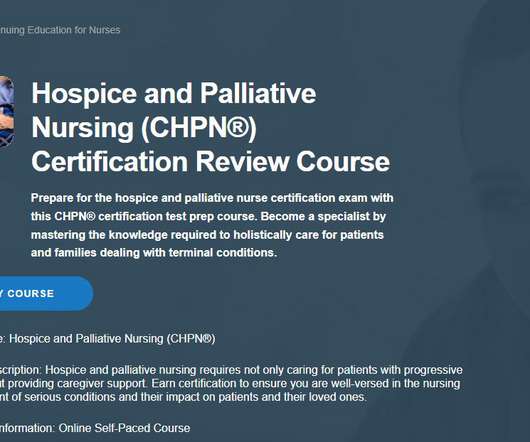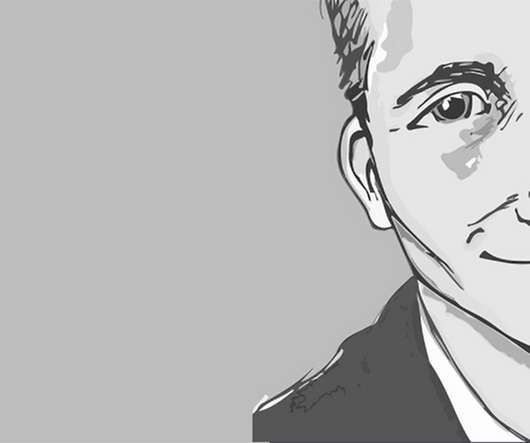Hospice Nurses Take a Holistic Approach to Dementia Care
Nurse.com
NOVEMBER 1, 2022
This can only be achieved if care teams, including hospice nurses, know the latest evidence-based strategies for dementia care. But hospice nurses also recognize the challenges these patients and their families face every day and are ready to help ease their distress and fear. Hospice nursing supports patients with dementia.





















Let's personalize your content